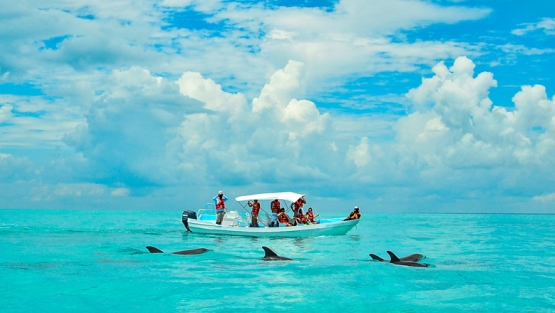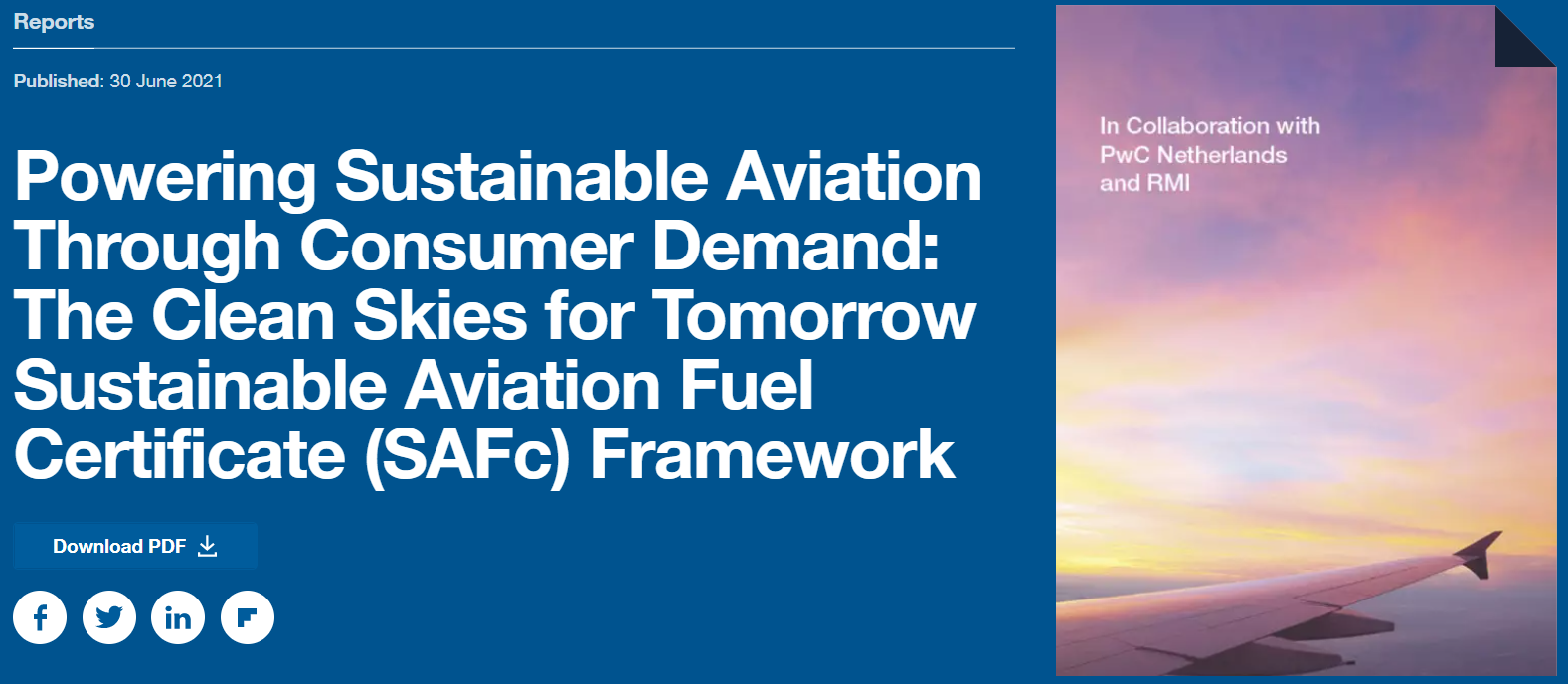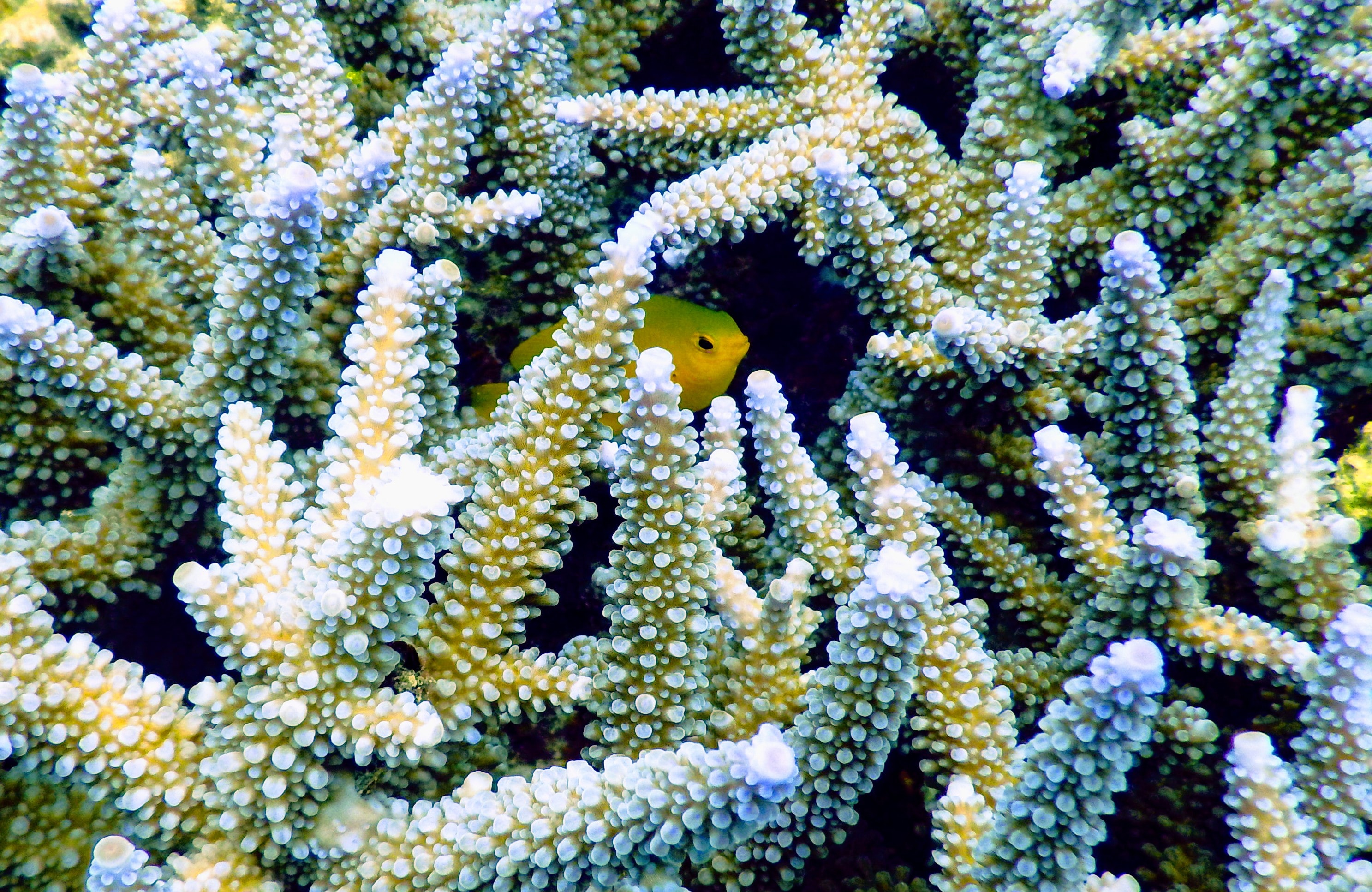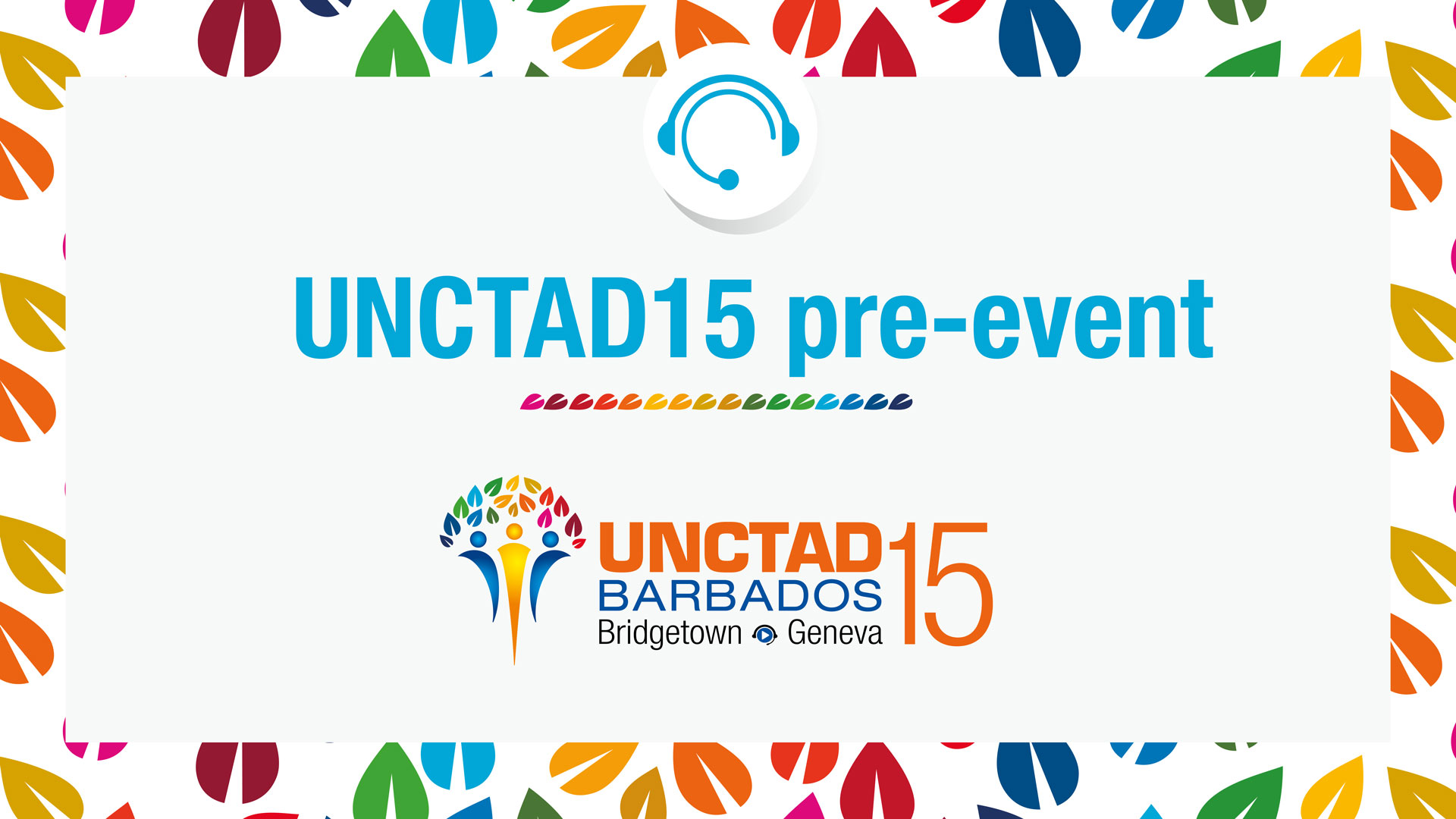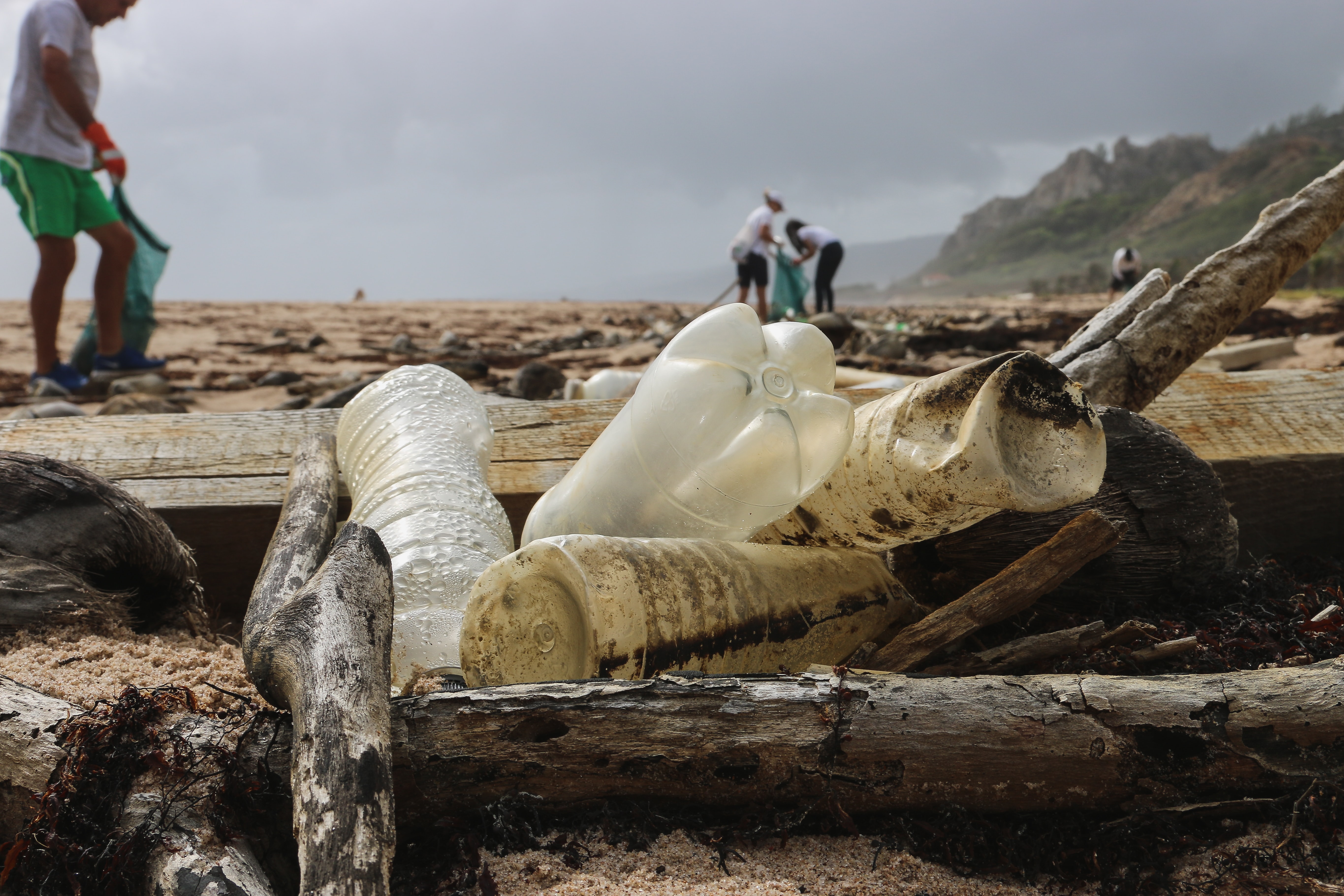Tourism and Hospitality
Public - visible to all visitors to the platform.
Open to join - users can join this group without approval.
About this Discussion
Globally, the tourism industry already accounts for an average of 9% of nations’ GDP and is an important source of foreign exchange and foreign direct investment for many developing countries. Before COVID-19, the United Nations World Tourism Organization projected international tourist arrivals would increase from 1.1 billion in 2014 to 1.8 billion in 2030. For many developing countries, tourism is a key pillar of national development
However, the rapid growth in both international and domestic travel, the trends to travel farther and over shorter periods of time, and the preference given to energy-intensive transportation are increasing the non-renewable energy dependency of tourism, resulting in the sector’s contribution to global greenhouse gas emissions.
To reverse this trend, the tourism sector can make a major contribution to the green economy through more sustainable practices, climate change mitigation and ecotourism. Greening the tourism sector allows tourism growth, environmental conservation and social well-being to be mutually reinforcing – with green tourism creating new, green jobs, supporting the local economy and reducing poverty.
Upcoming Events
Informative message
Tourism and Hospitality
Created a Post in Circular Economy, Tourism and Hospitality
Created a Post in Tourism and Hospitality
Created a Post in Tourism and Hospitality
Created a Post in Green Recovery from COVID-19, Tourism and Hospitality
Created a Post in Climate Change, Tourism and Hospitality, Transportation and Mobility
Created a Post in Green Recovery from COVID-19, Tourism and Hospitality
Created a Post in Tourism and Hospitality, Transportation and Mobility
Created an Event in Blue Economy, Tourism and Hospitality
Created an Event in Energy, Blue Economy, Tourism and Hospitality
Created an Opportunity in Climate Change, Tourism and Hospitality



